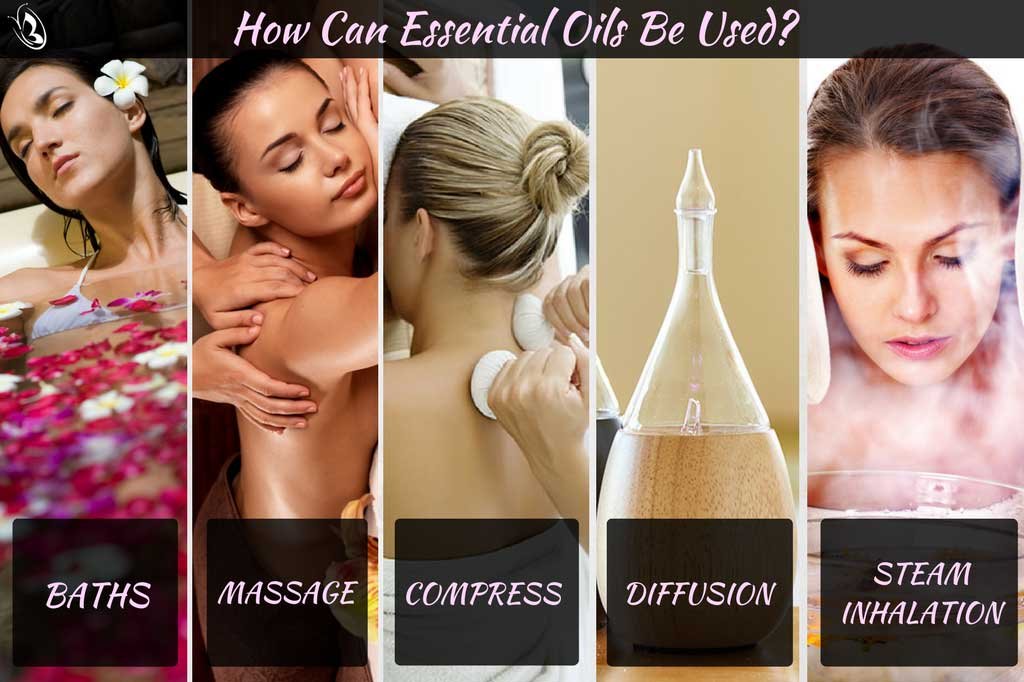Aromatherapy 101: Essential Oil Awareness
While many of you – especially if you’re on this site and frequent those like it – are aware of what aromatherapy and essential oils are, there’s just one problem: because of the quickly rising popularity of essential oils and aromatherapy, education on these matters has been slow, incomplete and really quite lax. The fact is that dealing with this type of thing when you’re not sure what you’re doing can be dangerous. Due to this, we have decided to educate our customers as best we can on the basics of the science and proper use of essential oils in aromatherapy. Let’s go!
What Are Aromatherapy And Essential Oils?
Aromatherapy – also called Essential Oil Therapy – is, essentially, the art and science of utilizing naturally extracted aromatic essences, often derived from plants, flowers and trees to bring balance and harmony, as well as promote the health of your body, mind, and spirit. This type of therapy tends to be caring and hands-on and seeks to induce relaxation, stimulate or accomplish a specific therapeutic goal. It has become known as a more holistic approach to health care concepts that encompass the mind, the physical body, and the spirit.
Essential oils, the essences derived from these plants via distillation, expression, solvent extraction, maceration, or enfleurage are volatile, potent and evaporate quickly. Only natural essential oils may be found useful in therapy. The uses these oils have in therapy vary widely. For instance:
- Tea tree oil: Useful for bacterial, fungal, and viral infections
- Peppermint: Useful for headaches, fever, nausea, and fatigue
- Lavender: Useful for minor burns, insomnia, pain relief, and the caring of wounds
- German chamomile: Used for inflammatory skin problems
- Bergamot: Acts as a mild antidepressant and a tonic
- Rosemary: Acts as a stimulant and anti-infective agent
- Eucalyptus: Useful for respiratory infections
- Ginger: Useful for nausea and inflammation
- Lemongrass: Acts as an insect repellent and an anti-septic
- Mandarin: Useful for upset stomachs and restlessness, particularly in children
Essential oils should be stored in dark glass containers, with tight-fitting lids, and kept away from heat and light sources. They are intensely concentrated, and therefore can and often should be diluted before use. This can be done by adding the essential oil into a carrier oil, such as almond oil, avocado oil, jojoba oil, or olive oil. They may also be diffused into the air pure, often after having added water, a carrier oil or grain alcohol.

How Can Essential Oils Be Used?
There are a few ways in which essential oils can be used; keep in mind, however, that they should never come in contact with the eyes, and if coming in direct contact with the body be sure they are properly diluted before use. Common methods of using essential oils in aromatherapy are:
- Baths (Full, foot, and sitz)
- Massages
- Compress
- Diffusion
- Steam Inhalation
Safe Uses of Essential Oils
For adults, the dilution for aromatherapy would be 2% – that’s 40 drops of essential oil to 100ml of carrier oil! You may only need as few as 6-8 drops in a bath and perhaps 3-6 drops in a bowl of warm water for a compress (rung out in a washcloth) or for steam inhalation.
For internal use, certain oils can be used topically – if done so carefully! There are a few critical points to consider before topical use, in order to do so safely.
- It’s important to know your essential oil supplier well. This allows you to be confident in asking where the oils come from, how they’re processed, and what is inside them. Proper testing at an international laboratory for chemicals, preservatives, contaminants and biological impurities or an expensive gas chromatography and mass spectrometry (GCMS) report can be very important; this helps to ensure that no adulteration has taken place.
- Because essential oils are so concentrated, a little goes a long way. Often, when there is a reaction happening, too much use, too often, for too many things is the culprit. Use these in moderation! Essential oils work much better and more safely when they are diluted or when exposure is strictly controlled – so less really is more with these.
- You must be informed about the person you’re using aromatherapy on and if they have been taking any medications, or using a topical prescription; You need to be aware of their medical history and about anything that may have or cause an interaction with the essential oils. Everyone’s body is different and your subject may have an allergy or sensitivity you are not aware of. Not understanding or not getting this information is a root cause of injury when using essential oils in aromatherapy, so always be careful and aware! Learn more about essential oil safety.


